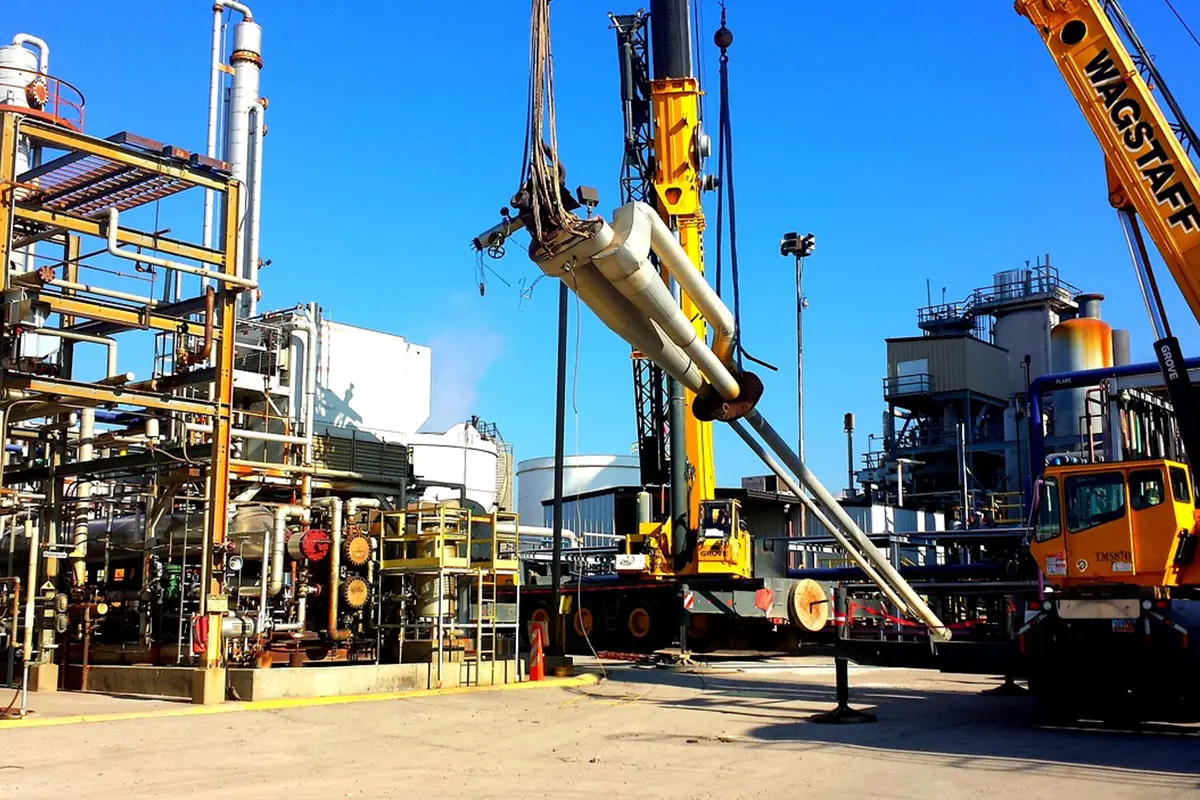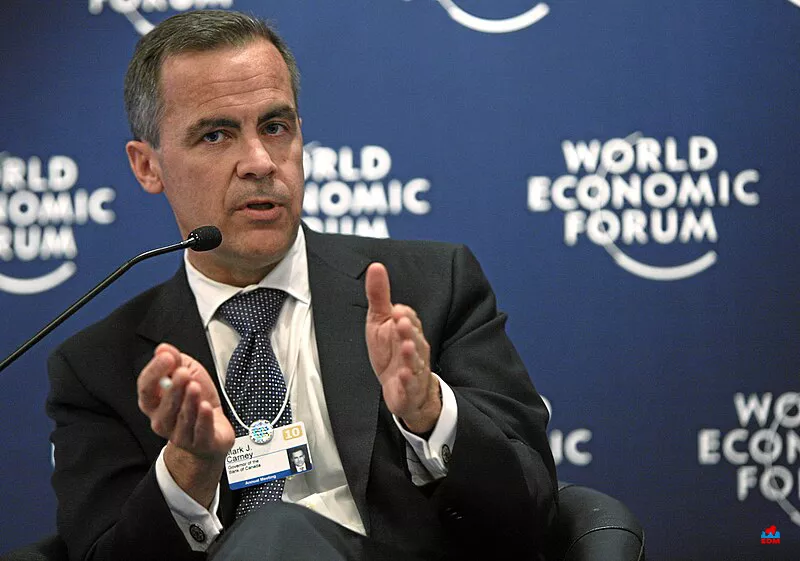
The Key Points
- COP29 CEO Elnur Soltanov, also Azerbaijan’s deputy energy minister, allegedly facilitated fossil fuel deals during the climate summit, undermining its mission.
- Undercover investigators from Global Witness exposed COP29 officials discussing oil and gas investments with fake investors posing as oil representatives.
- COP29 officials allegedly waived environmental requirements for sponsors in exchange for financial support, prioritizing business over climate goals.
- The investigation underscores a trend of fossil fuel lobbyists using COP events as networking opportunities rather than platforms for genuine climate action.
- Activists are calling for reforms, urging the UN to ban fossil fuel sponsorship from COP to protect the integrity of climate negotiations.
COP29, the latest United Nations climate summit set to begin in Baku, Azerbaijan, has been controversial after an undercover investigation exposed alleged deals between summit officials and oil industry representatives.
Elnur Soltanov, COP29 CEO and Azerbaijan’s deputy energy minister is at the center of the scandal, reportedly facilitating discussions on oil and gas investments during the climate talks—a stark contradiction to the event’s mission of reducing global reliance on fossil fuels.
A Climate Summit in Name, an Oil Investment Forum in Practice
The scandal surfaced just days before the start of COP29 when Global Witness, an advocacy group, revealed recordings of Soltanov allegedly discussing potential oil and gas deals with representatives posing as investors from a fake company, EC Capital.
The “investors” expressed interest in working with Azerbaijan’s State Oil Company (SOCAR) and were reportedly offered streamlined access to SOCAR officials and oil and gas business opportunities during the conference.
According to Global Witness, this approach aligns with a disturbing new trend: climate summits serving as business opportunities for petro-states to secure fossil fuel investments under the guise of environmental action.
Background: The Role of Azerbaijan’s Oil Industry
The decision to host COP29 in Azerbaijan raised eyebrows from the start. Azerbaijan, where oil and gas contribute two-thirds of government revenue, is a key player in the fossil fuel market.
As European countries seek alternatives to Russian gas following the war in Ukraine, Azerbaijan has positioned itself as a primary supplier, increasing its natural gas production. Against this backdrop, Azerbaijan’s hosting of a climate summit appears to be more about promoting fossil fuel deals than advancing climate goals.
In the recording, Soltanov referred to fossil gas as a “transitional fuel” and hinted that Azerbaijan’s oil and gas production could continue “perhaps forever.” Such statements directly contradict the UN’s climate goals, which call for significant reductions in fossil fuel usage to limit global warming.
Waiving Environmental Requirements for Profit
One of the most troubling aspects of this investigation is the apparent willingness of COP29 officials to relax environmental requirements for investors willing to sponsor the event. To secure EC Capital’s sponsorship, COP29 offered to remove sustainability commitments from the sponsorship agreement and allowed the firm to meet with energy sector stakeholders at the summit.
EC Capital’s sponsorship package, valued at $600,000, included exclusive access to SOCAR executives and allowed the firm to host a “sustainable oil and gas investing” event at COP29.
In one exchange, COP29 officials agreed to bypass the UN Framework Convention on Climate Change (UNFCCC) rules that require corporate sponsors to pledge concrete climate commitments. This flexibility for sponsors demonstrates the influence that oil and gas companies wield within the climate summit, further compromising the credibility of the UN’s climate agenda.
Lobbyists and Petrostates Undermine COP’s Integrity
This incident reflects a broader pattern that has plagued COP summits recently. Fossil fuel lobbyists have increasingly dominated the climate talks, pushing to keep fossil fuels in play and stalling efforts for genuine climate reform.
At COP27 in Sharm El Sheikh, Egypt, fossil fuel companies sponsored the event and secured influential positions, prompting activists to call for removing fossil fuel representatives from future COP summits.
This influence was solidified when Sultan Al Jaber, CEO of the UAE’s national oil company ADNOC, was appointed president of COP28. Under his leadership, COP28 was heavily sponsored by oil and gas companies, setting a concerning precedent for Azerbaijan to follow at COP29.
Calls for Reform and the Future of COP Summits
The revelations about COP29’s alleged corruption have sparked an outcry from climate activists and organizations worldwide. Critics argue that allowing petro-states to host and profit from climate summits undermines the event’s purpose, turning COP into a corporate networking forum rather than a platform for meaningful climate action.
Global Witness and other advocacy groups call on the UN to ban fossil fuel sponsorship from future summits, arguing that the climate crisis demands unbiased, science-driven policies—not corporate interests.
For the COP to retain its relevance, many believe the UN must impose strict guidelines limiting fossil fuel companies' influence in climate negotiations. Stripping corporate sponsorship, enforcing transparency, and ensuring hosts are committed to climate action are essential to restoring COP’s credibility.
Looking Ahead: Can COP Regain Its Mission?
As COP29 unfolds in Baku, the world will be watching to see how these allegations impact the summit’s discussions and outcomes. Soltanov’s involvement with SOCAR highlights the blurred lines between climate commitments and economic incentives, casting doubt on Azerbaijan’s commitment to sustainable development.
The stakes are high: if COP29 cannot break away from corporate influence, the future of global climate action could be at risk, with the integrity of climate diplomacy hanging in the balance.
This scandal serves as a call to action for the UNFCCC to revisit the purpose and direction of COP, prioritizing genuine climate solutions over profit-driven partnerships. One observer said, “The world has tried 29 talks with polluters in the room—perhaps it’s time to try one without.”

Nuala Nichols is a versatile writer covering politics, local news, and community stories in Edmonton. With a sharp eye for detail and a passion for insightful storytelling, she brings clarity and depth to diverse topics, helping readers stay informed and connected to their community. Follow her on X.





